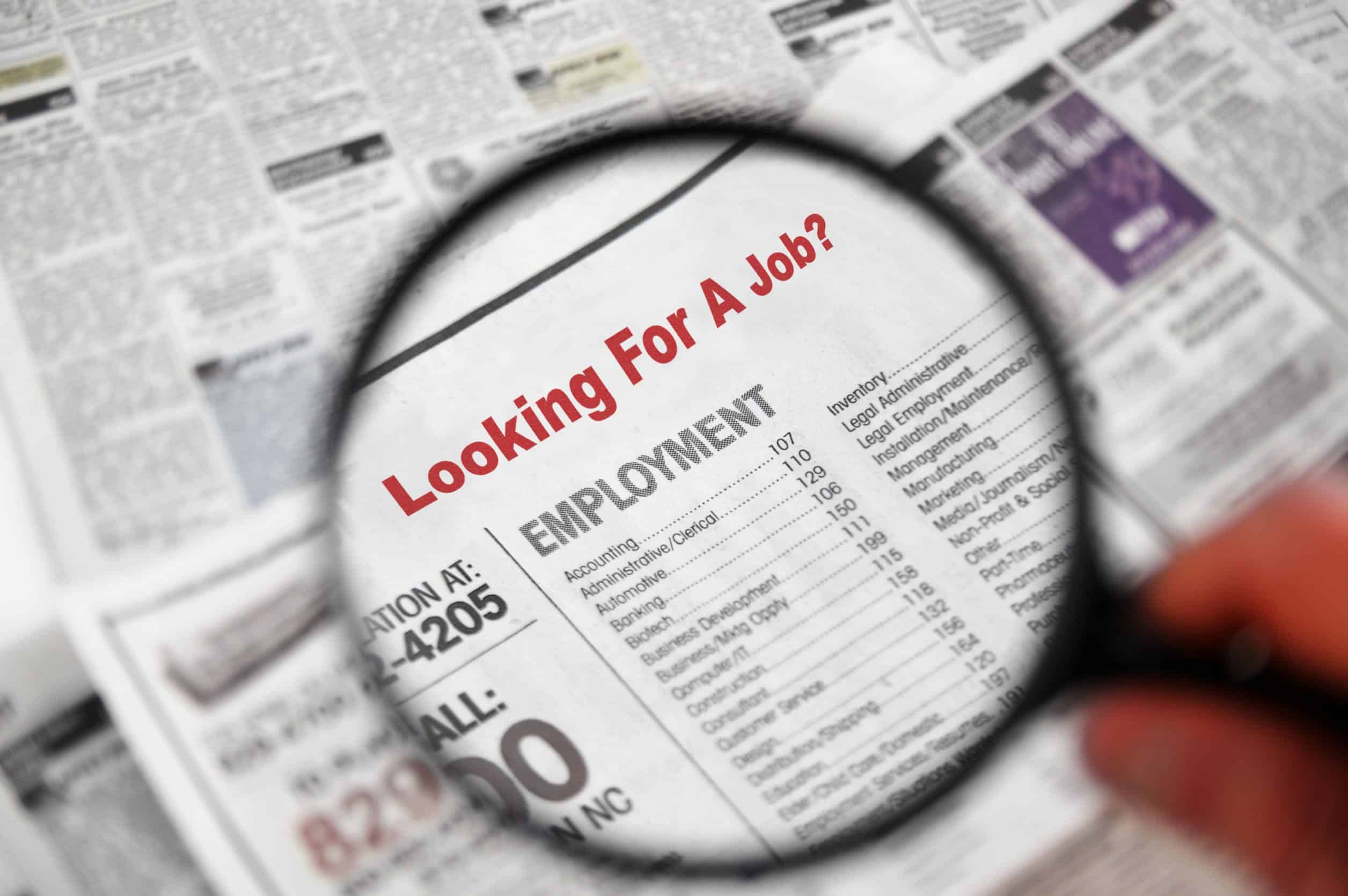Do you think the job interview is over after you shake hands or say goodbye? Job interviews aren’t just emotionally draining on candidates. The recruitment process is taxing on every person you meet, especially in high-volume hiring situations. Why should you care what impact the hiring process has on the people you meet? After all, they get paid to suffer through it. What are the steps in a typical hiring process, and why should you care? You should care about these things because you want the job.
What is the typical hiring process?
The typical hiring process can have twelve or more steps. Within those steps, there can easily be a dozen or more people, many of which you will speak with or meet. Below are the steps of a typical hiring process.
- Submit a job requisition
- Review and update the job description
- Post the job opening
- Promote job opening
- Screen applications
- Conduct personality, behavioral, or other assessments
- Recruiter phone screen
- Conduct initial interviews
- Conduct secondary interviews
- Complete final-round interviews
- Extend offer and negotiations
- Conduct pre-employment processes
- Upon clearance to start, schedule start date
The typical hiring process can be tedious. Sometimes, there are only a handful of people involved. Conversely, the process could be spread over many people and departments. Either way, the process can be mind-numbing to those involved. Understanding the process and where you are within that process allows you to pivot and adapt, which helps you raise the bar and differentiate yourself during the job search.
Put yourself in the shoes of those you meet during your job search—the phone interviews, in-person interviews, maybe video interviews. The hiring process requires intense focus, keen listening, attention to body language, asking questions, smiling, being positive, and the list goes on. And in the back of every interviewer’s mind are all the tasks and emails building up while they are away from their desk. After all, you are doing these same things. However, the significant difference is the interviewers are likely doing them back-to-back for several hours, over several days.
How many candidates do you think they would meet over several hours a day for several days a week? The answer is a lot. You have to raise the bar and differentiate yourself after each stage of the hiring process to keep your name at the top of the short-list of candidates that will advance to the next stage. And moving to the next stage and getting hired is the goal.
The Most Successful Job Candidates Do This After the Interview
iCIMS, a recruiting platform, conducted a study and found there was a 63 percent likelihood of getting hired when the candidate followed up with a thank-you note. Who wouldn’t spin the slot machine one more time with odds like that? It doesn’t matter if the job market is strong or weak, nor does it matter what unemployment is. You need to add this step to your job search process. So, why is this underrated part of the interview process so important?
Among other reasons, when searching for a job, you must be memorable. After the interview, the interviewers will fill out a scorecard. The hiring managers will solicit feedback from any other team members you spent time with. The recruiters prefer these activities to take place 1-3 hours after the interview. However, they usually happen at the end of the day, week, or after the recruiter has bugged them to turn it in. How well would you remember someone after 3 hours or days? You most certainly would remember had you received a thank-you note.
Elements of a Successful After-The-Interview Thank-You Email
Stay top of mind with recruiters and hiring managers by sending a thank-you note within 1-2 hours of completing your interview. Doing so will raise the bar and differentiate yourself from other applicants.
Further highlight the value you bring
The interviewer had questions, and you gave answers. You had questions, and they gave answers. Hopefully, you both took notes. An after-the-interview thank-you note is perfect for highlighting the value you bring while at the same time linking it to the problems they need to solve. It will tangibly connect how you can fill their needs and add value to their business.
Answer questions of doubt
Maybe your interview was a half-hour. Perhaps it ran several hours. Regardless of the time, you were nervous or gave less than articulate responses. A thank-you note is a great way to highlight career achievements you may have forgotten to mention. It also provides an opportunity to refine your answers further. Think of it as a mini do-over.
No harm will come from writing a thank-you note after your interview. The worst that could happen is you waste 15 minutes. Your initial thank-you note can be templatized and then just requires a bit of personalization. The interviewers will likely share your note. As a result, you don’t want to send the same note to multiple people within the same organization. If 15 minutes can increase your chances of getting hired by 63 percent, it is certainly worth it.
For more job seeker advice check out these articles.


